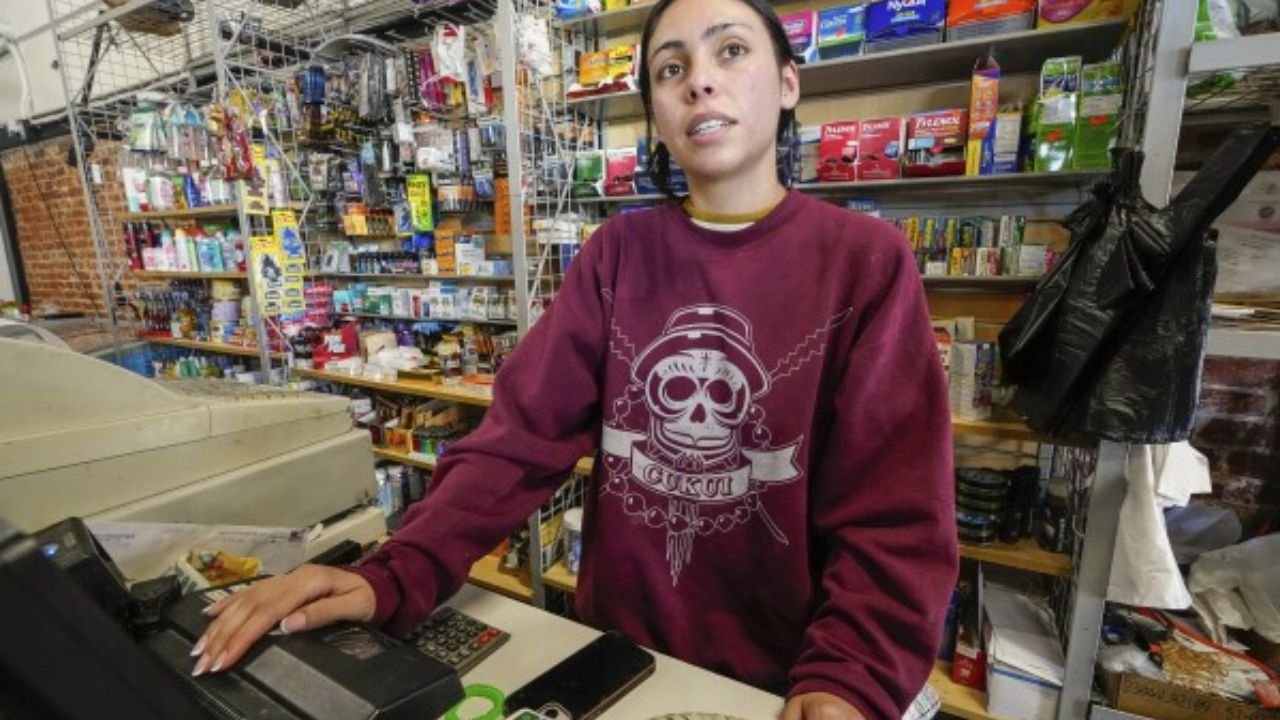California voters have decisively rejected Proposition 32, a ballot measure that sought to raise the state minimum wage to $18 per hour by 2026, keeping the state’s minimum wage below what could have become the highest in the country.
Key Arguments Against the Measure
- Opponents, led by the California Chamber of Commerce, warned that the measure would escalate business costs, lead to higher taxes, and force companies to make difficult decisions, including potential job cuts.
Supporters’ Perspective
- Proponents highlighted the estimated benefits for 2 million low-wage workers, particularly in sectors like hospitality and grocery. They argued that the measure would have provided much-needed financial relief amid rising living costs.
Current Minimum Wage Landscape in California
- $16/hour: Minimum for most workers statewide.
- $20/hour: Fast-food sector minimum wage.
- $25/hour: Minimum wage for healthcare workers, set to be phased in following a 2023 law signed by Governor Gavin Newsom.
Context and Broader Implications
- In 2016, California became the first state to legislate a $15 minimum wage, a move that sparked similar actions nationwide. Many California cities and counties, including San Francisco and Los Angeles, already enforce minimum wages higher than the state level.
- Comparatively, Hawaii passed a law in 2022 to gradually increase its minimum wage to $18 an hour, a rate set to take full effect by 2028.
Zoom Out
The rejection of Proposition 32 reflects ongoing debates around balancing economic growth with workers’ needs. While California’s minimum wage remains among the highest in the nation, this decision underscores concerns over potential economic ripple effects of significant wage hikes.
